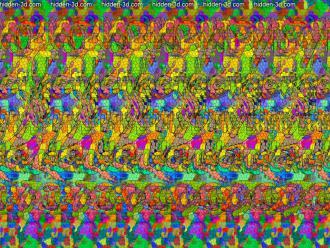
When can we see the baby?
With all the new technology regarding fertility, an 88-year-old woman was able to give birth to a baby recently.
When she was discharged from the hospital and went home, various relatives came to visit. May we see the new baby? one of them asked.
Not yet, said the mother. I'll make coffee and we can visit for a while first.
Another half hour passed before another relative asked, May we see the new baby now?
No, not yet, said the mother.
A while later and again the guests asked, May we see the baby now?
No, not yet, replied the mother.
Growing impatient, they asked, Well, when can we see the baby?
When it cries! she told them.
"When it cries? they gasped. Why do we have to wait until it cries?
Because, I forgot where I put it.

